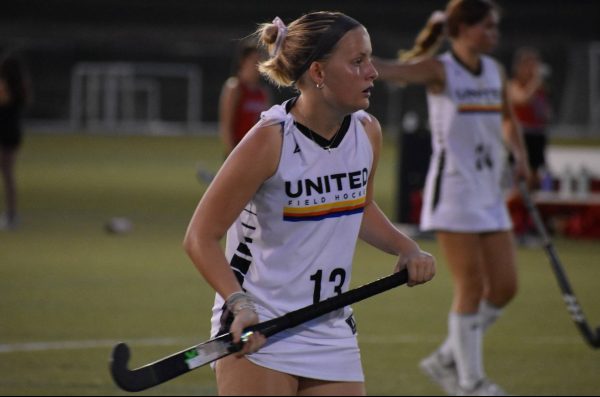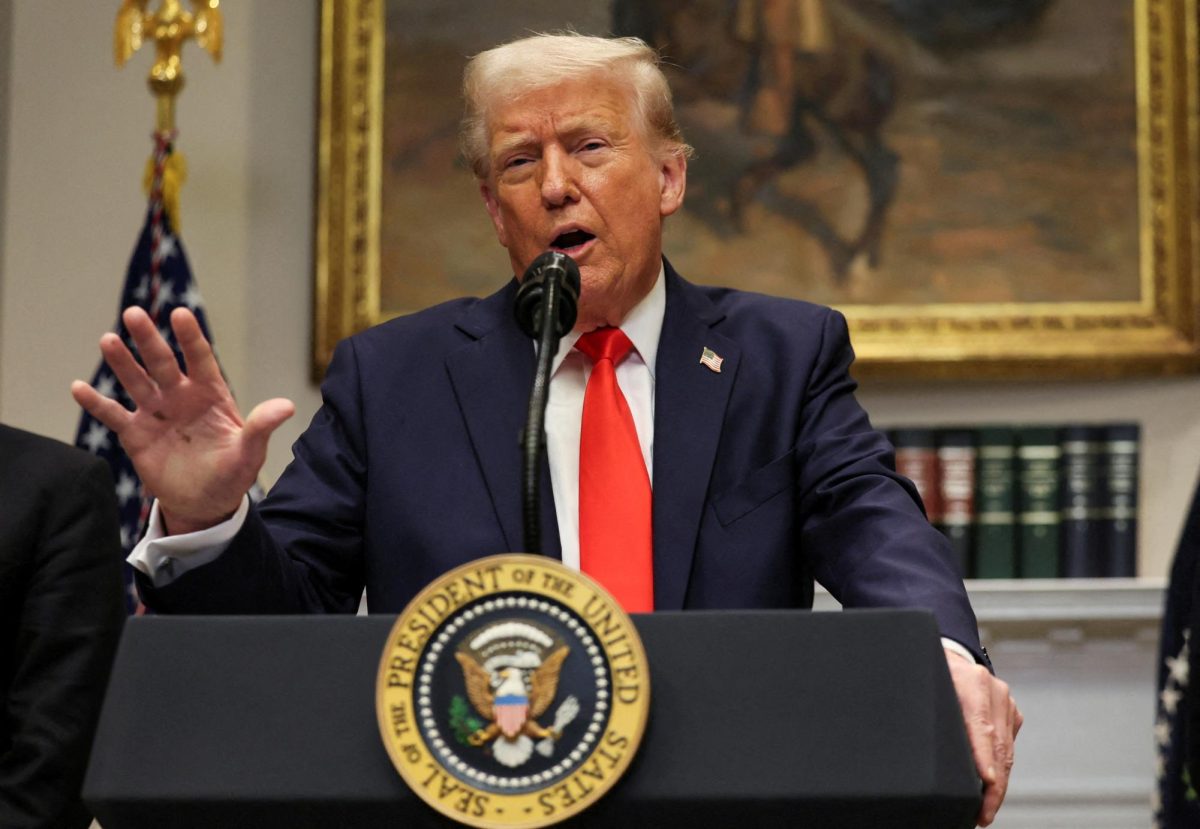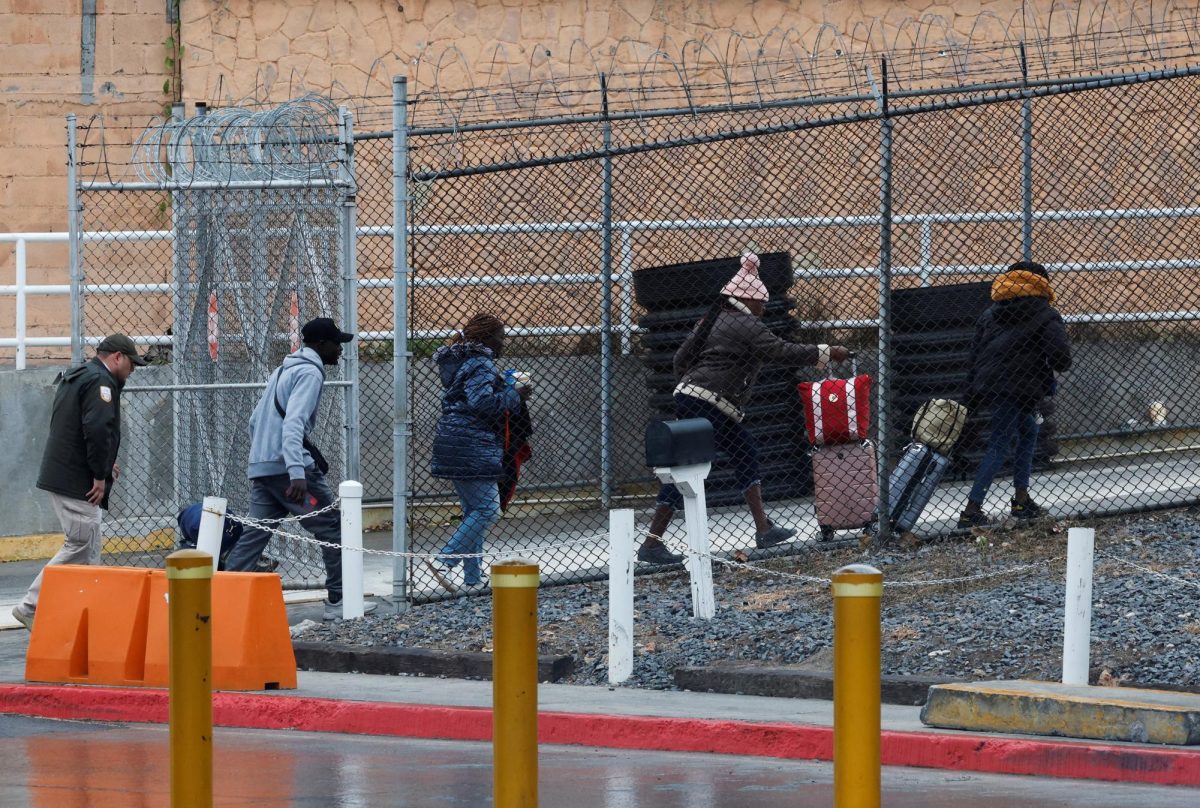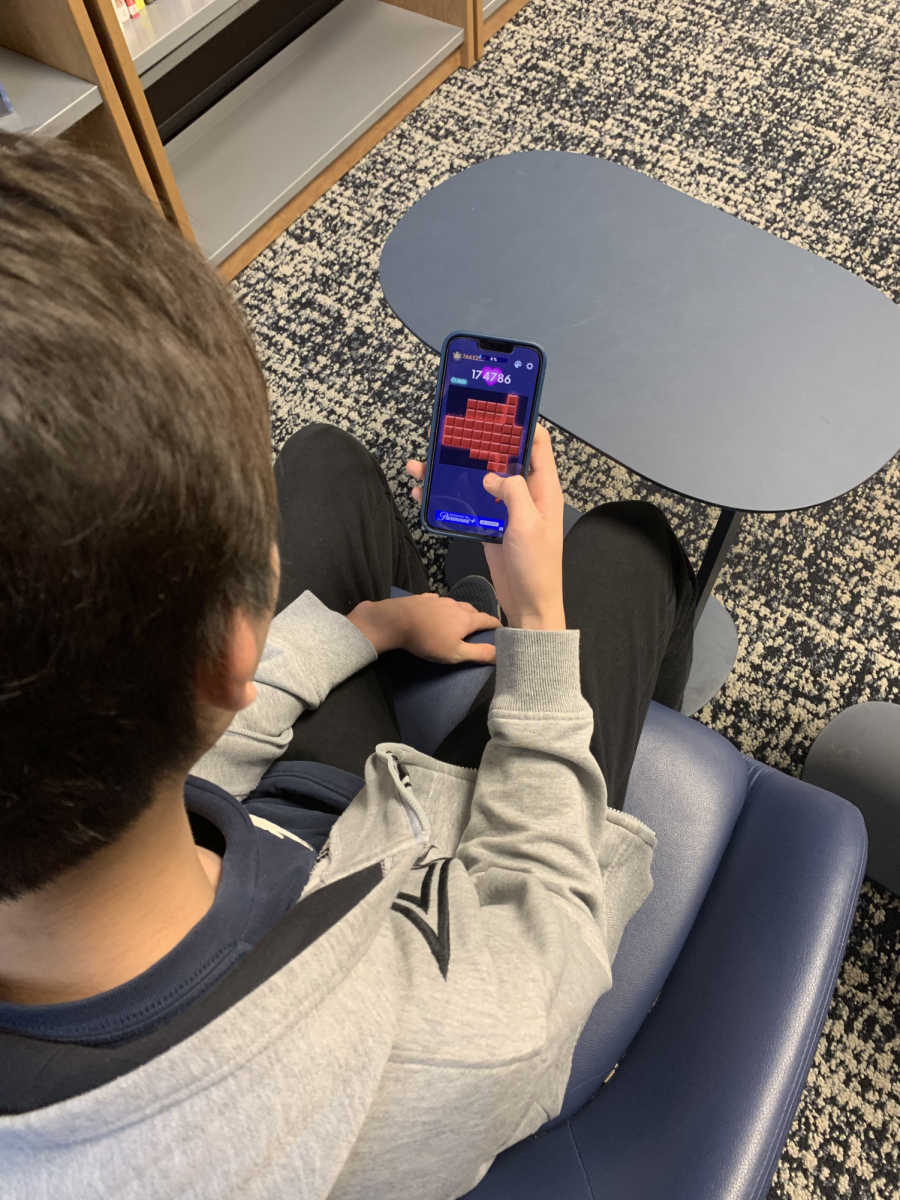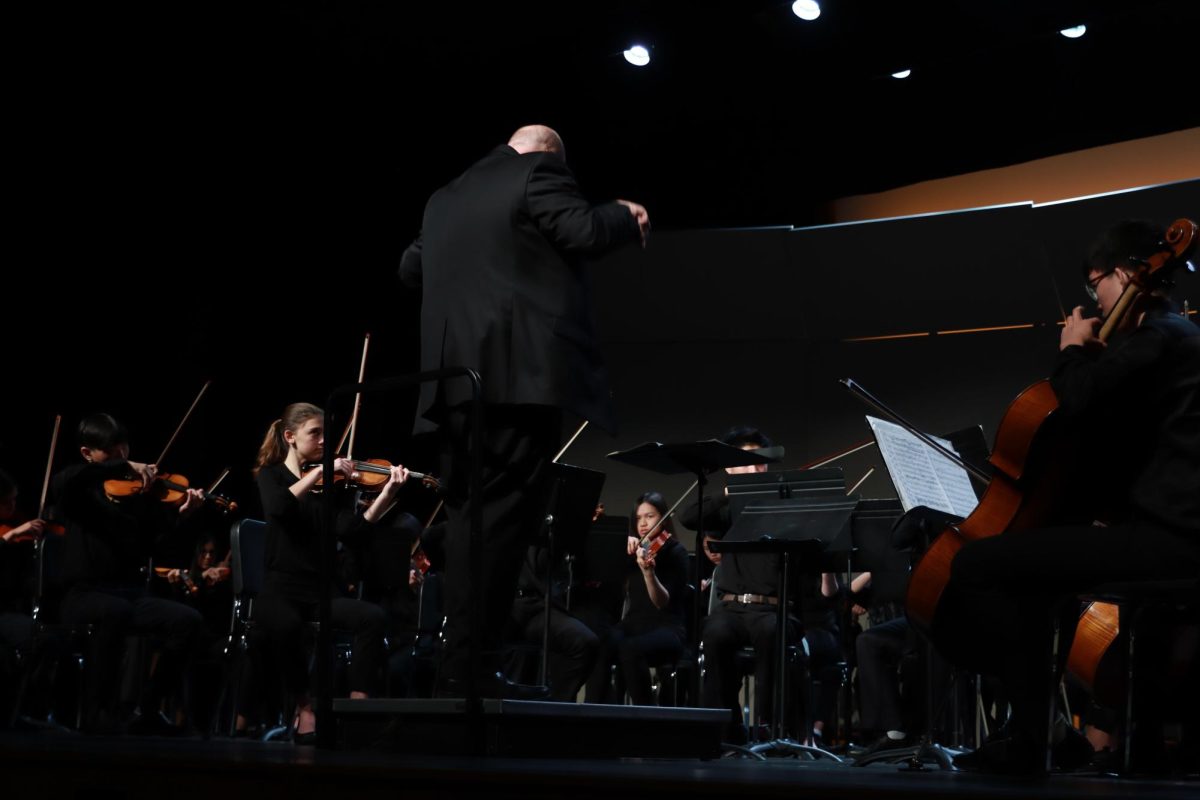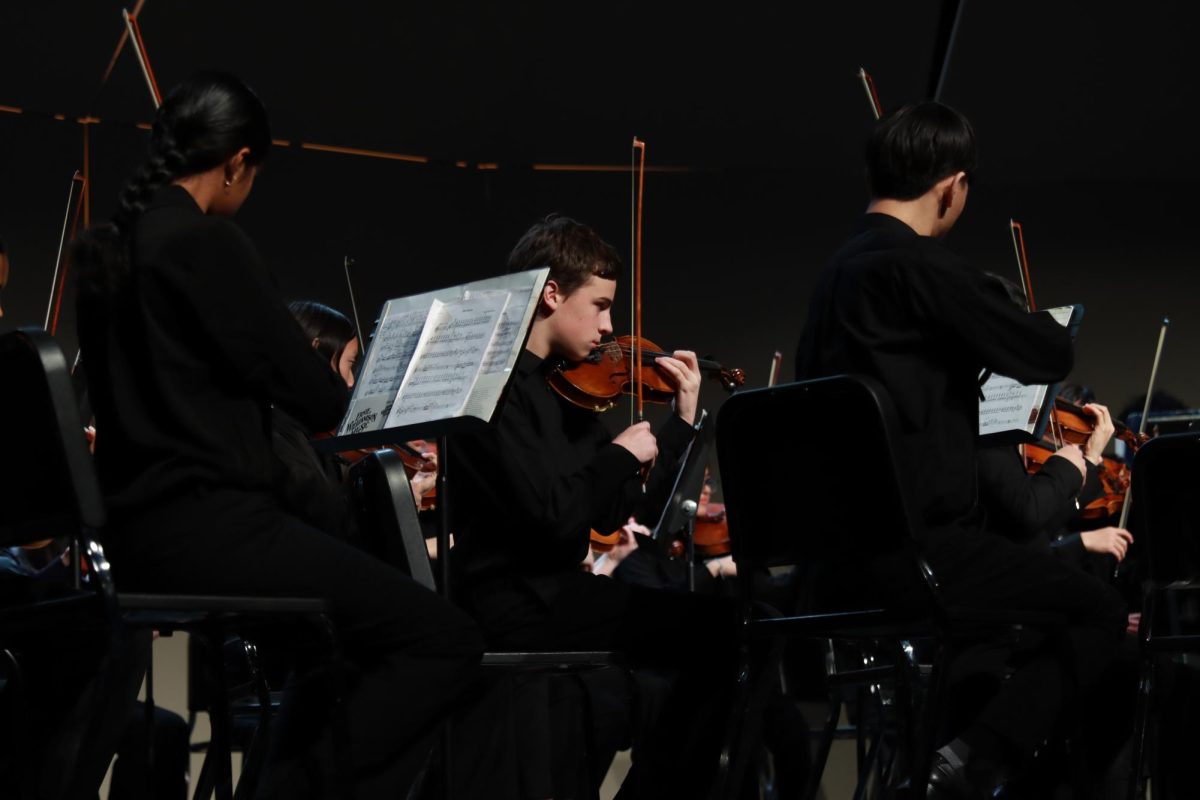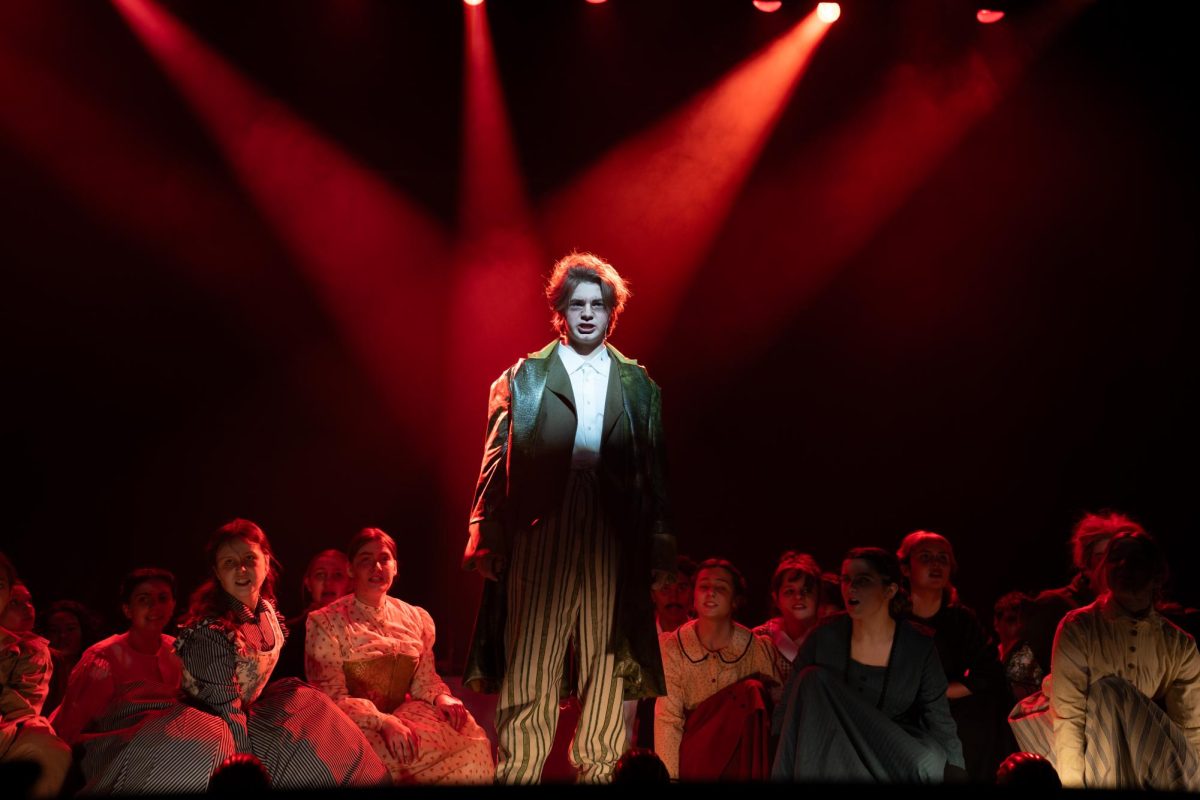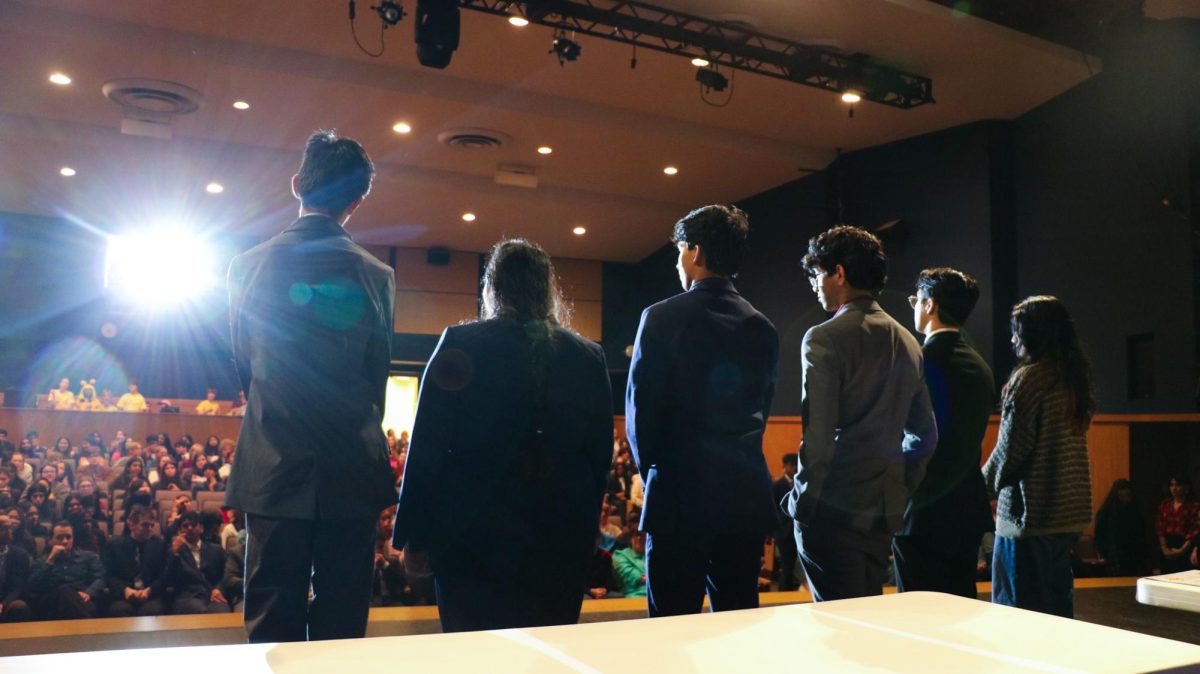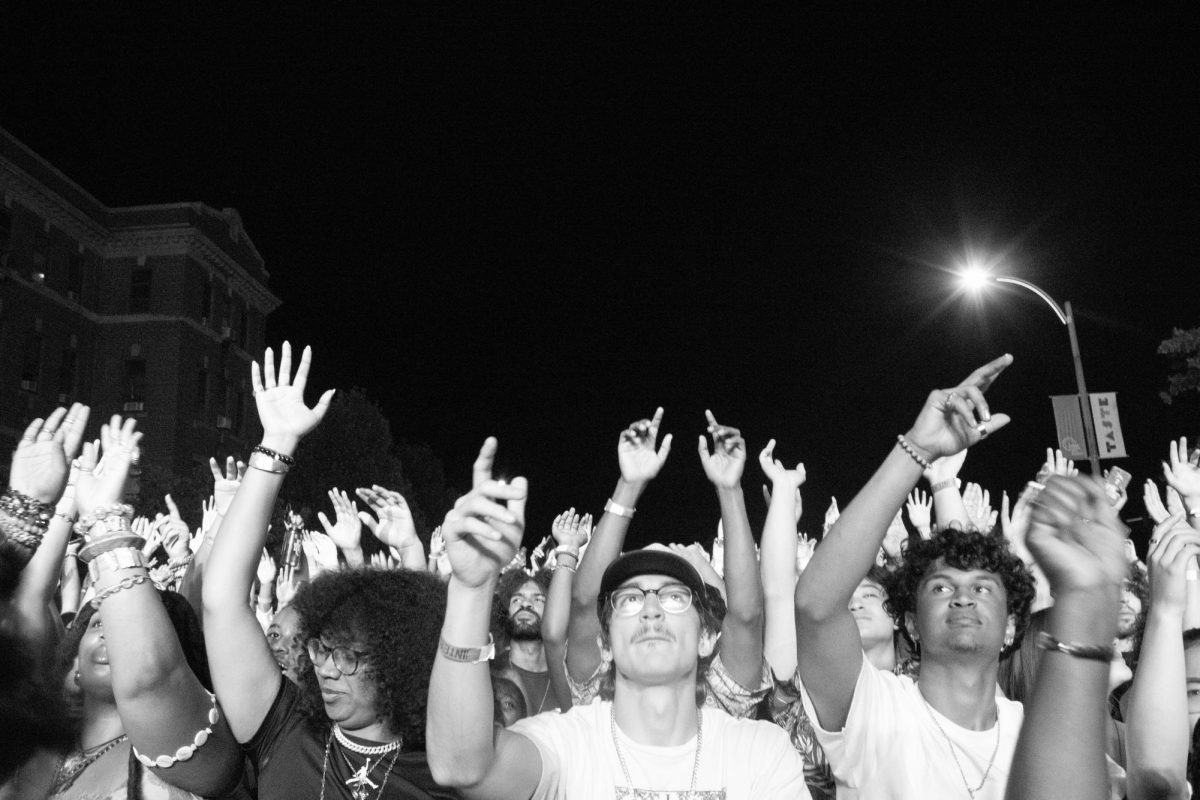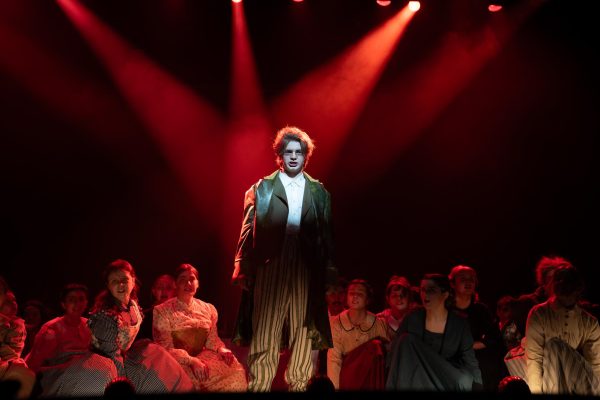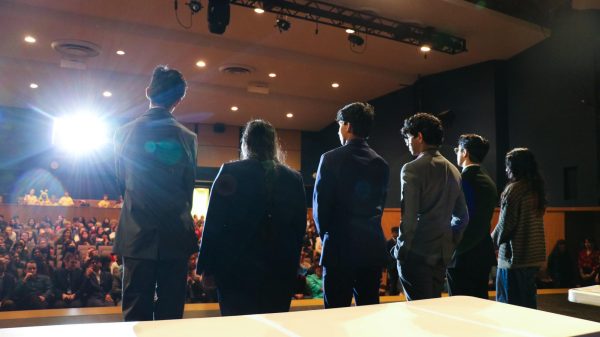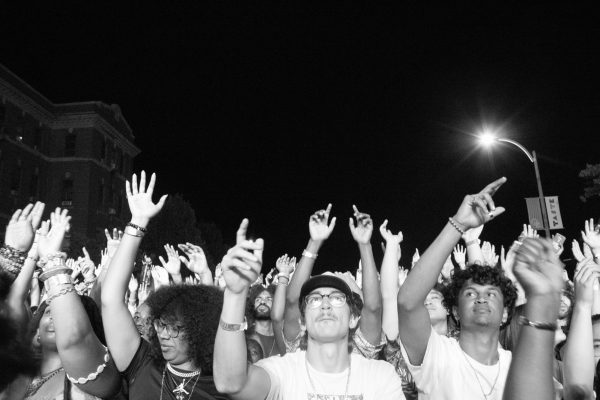Greek Archaeologists
September 13, 2016
Not many people have Greek archeologists as neighbors, no where near as interesting as Debbie and Michael Cosmopoulos. The couple are both from Greece, and currently living in St. Louis. Michael is a professor at University of Missouri, St. Louis, and Debbie is a professor at Washington University. They have three elementary age children, both fluent in Greek and English. And every summer they make their way to Greece. They bring students from UMSL with them for the summer, and provide a unique opportunity and spotlight into an archeological dig. The students experience Greece, learn how to excavate, and in the evenings attend lectures. Getting a good sense of archeology, learning a fascinating and rich history and earning credit for their classes back at UMSL. There are many students signing up each year, but this summer was a little different for the Cosmopoulos. They hit some trouble with the Greek financial crisis.
For years, Greece has been going through a huge financial catastrophe. But this summer, the issue has escalated. And because Greece is allied with many other European countries, this issue has spread all over the world.
Back in 2001, Greece was asked by the Eurozone, a group of European countries that share the currency of euros, to begin to share currency. Greece desperately wanted the okay to begin sharing currency from the Eurozone and acted like its budget was perfect. But it was not.
According to the Skimm, Tax evasion was a normal occurrence, and pension spending was increasing like crazy. Greece asked the other Eurozone countries for some help. Many agreed, offered some advice, and gave Greece a postponement on when their money was due.
Currently, Greece is struggling. A quarter of the country is unemployed. The struggle of Greece is not only bringing down their country, but the entire global economy. And this year, Tsipras and his party were elected. What would seem like a good fresh start for Greece.
TheSkimm says, “Tsipras and his party were elected earlier this year on the promise of getting rid of the measures. But after a lot of back-and-forth with creditors, Tsipras gave in and accepted a new bailout over the summer. With a lot of austerity attached”.
In years past, the economical status of Greece has had no effect on this archeological dig. The Cosmopoulos had been able to annually enjoy a Grecian holiday, make further progress on their dig, and enjoy family time. But this summer, the Cosmopoulos had issues. The ease of life changed abruptly. Greece, as a country, was broke, and the countries offering aid, were no longer doing so. Suddenly, all of the banks in Greece were closed, and stayed closed for three weeks.
This is what they call Capital Control. When the economy gets really bad, the government is worried that people will start taking their money out of the banks, and send money abroad, which will cause the banks to collapse. So they close the banks, so there is no way you can access your money.
“There was a maximum of Sixty Dollars you could withdraw daily from an ATM. That was it. This happened right in the middle of our dig, so we were unable to pay staff and workmen. So it made it very difficult to operate the dig. And it was not just us. Many projects had the same problem”. Says Mr. Cosmopoulos.
It also impacted the people in Greece psychologically. People were mad, and stressed out all of the time. They don’t enjoy life in Greece as much as they used to.
“Last summer, when all of that happened. 50,000 reservations for Greece were cancelled every day”. Says Ms. Cosmopoulos.
This is shocking for Greece. Since the Olympics were held in Greece in 2004, tourism has been booming. Greece was somewhat banking on the idea that people would come and visit, and that would help them. Tourism was the only thing they had left.
“I know a couple of families that were planning to go on vacations but cancelled because they didn’t know if the banks would open up again. They would be stuck on vacation with no money to pay”.
The current leader of Greece has not been much help to the Greece citizens as much as they hoped for. This is the fourth time they have elected a new leader in the past 3 years since 2012. When the economy crashed in the United States, the government just printed more money. In Greece, it is a little different. They have very little autonomy because they are part of the European Union. They don’t have the possibility of printing more money.
“Because they are under the European Union, instead of growth, they favored austerity. Which is cutting down all of your expenses and increasing taxes”. Says Mr. Cosmopolous
It has just been a vicious cycle. Taxes are increasing, but also no one has money to pay, or to buy anything. And lots of people are not getting paid at all. It is never ending.
“One vote they took recently, was whether Greece wants to stay in the European Union, or revert back to their original plan. Many people living in Greece are so tired of the high taxes and high interest rates that they don’t want to be in the European Union anymore. Everyone voted no”. Says Ms. Cosmopoulos.
And when the Prime Minister had to make a decision. He decided not to listen to what the people were saying, and stay with the Europeans. The European Union knew what the people of Greece wanted, and so the price went up. It cost Greece 80 billion to stay in the European Union.
“Who knows what the other people are going to do to the Country. So the people avoid it, and they elect the same person who was part of causing this economical trouble in the first place. He talks a good game, and offers them hope, but hasn’t been able to give it to them yet”. Says Ms. Cosmopoulos.
The very fabric of Greek society has been torn. But their is lots of hope and promise is on Greece’s side. The economy needs over a decade to get back on their feet again.
By the end of the summer, the dig was yet again successful, the students learned a lot about Greek culture, and archeology. Though the technical things behind the scenes of the dig were in trouble, the overall trip was triumphant. Both Mr and Mrs Cosmopolous are excited to continue this trip for next summer, and have learned to work with the continuously changing economy.








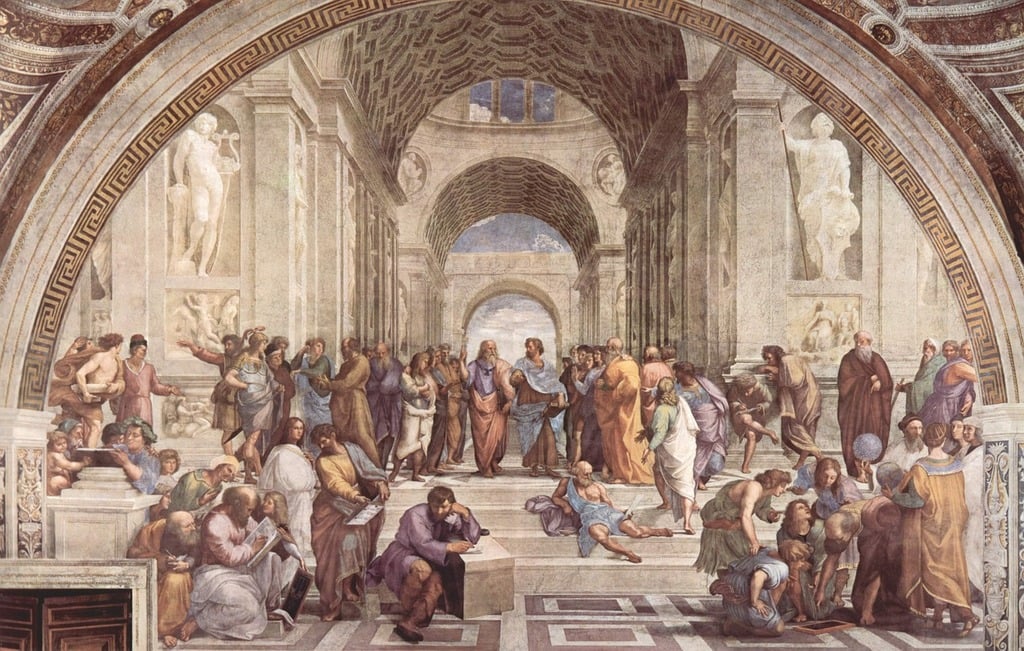




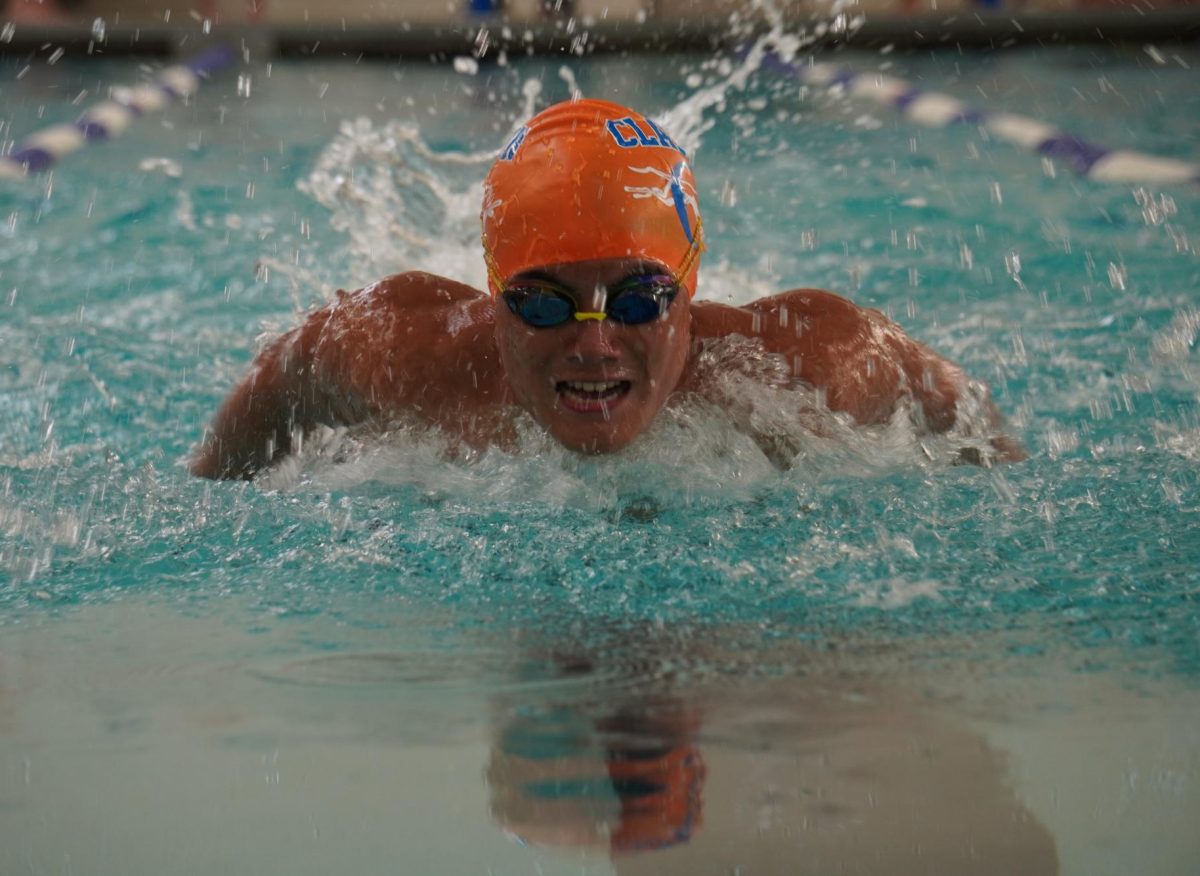

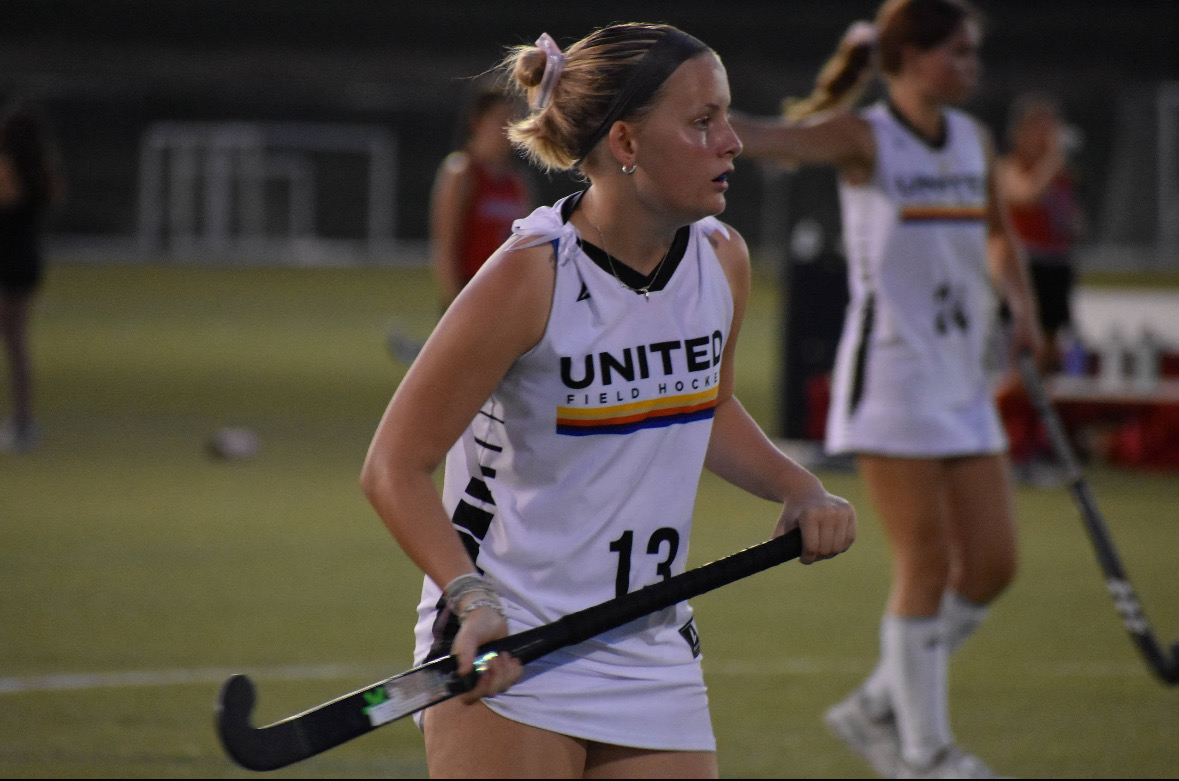
![Rowing Club teammate Audrey Burger poses next to Juliette Springer at the Haxton Ohio race. The team placed sixth out of 16; in the previous race, they placed fourth. "[After] the race was over, I felt very relieved because of how nervous I was before the race. I also felt proud because I did better then I thought I was going to do," Springer said.](https://www.chsglobe.com/wp-content/uploads/2024/12/IMG_7938-1.jpg)



